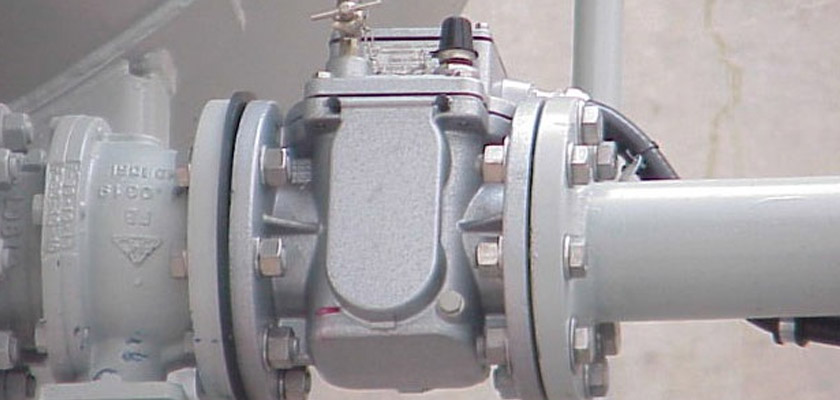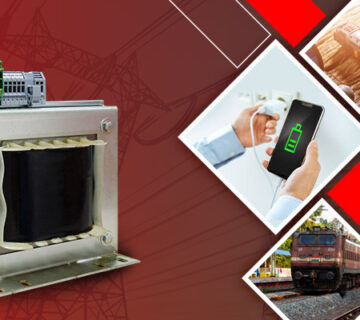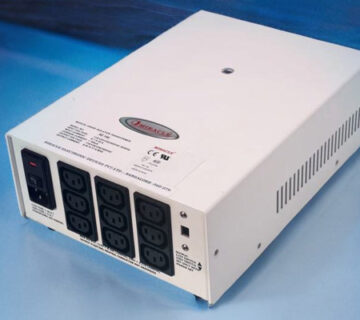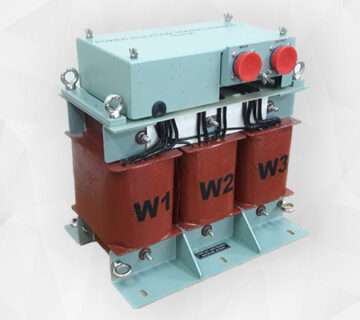Transformers rarely go down, but when they do, they highly affect the entire working environment with devastating effects. In case of a transformer failure, there is great loss of operational capability with the entire process being interrupted and the assembly line coming to a stop. Additionally, there could be subsequent fires, security lapses and great loss of income. Therefore, it is very essential to take care of transformer protection.
There are two different categories of protection devices that come with a power transformer – one that measure the electrical quantities affecting the transformer, and second being those that indicate the status of physical quantities of the transformer. These include four protection devices namely Buchholz Relay, Pressure Relay, oil level monitor device, and winding thermometer. Let us learn about these devices in detail.
Buchholz Relay
The Buchholz Relay is a fast and sensitive mechanical fault detector that measures the electrical faults in oil-immersed transformers. It is placed in the piping between the transformer’s main tank and oil conservator, irrespective of the number of transformer windings, instrument transformers, and tap changer position. The Buchholz Relay comprises of a pivoted float and pivoted vane, both carrying an individual mercury switch. Usually, the casing is filled with oil and the mercury switches are open.
Pressure Relay
The Pressure Relay in on-tank-type tap changer power transformers detects any sudden pressure increase rate inside the tap changer oil compartment when the pressure in front of the piston surpasses the contradictory force of the spring, the piston will move, thus operating the switching contacts, inside which the micro switch is sealed and pressurized with Nitrogen gas.
Oil level monitor device
As the name suggests, oil level monitors are utilized to measure the level of oil within the transformer. These monitors have two contacts – one for maximum oil level alarm and the other for minimum oil level alarm. A thermometer placed at the top of the transformer has a liquid thermometer bulb in a pocket that measures the temperature of oil. This thermometer may have up to four contacts – two used for starting fans or pumps for cooling, third for initiating the alarm, and fourth to trip load breakers or de-energize the transformer. Therefore, the top oil thermometer can monitor the oil temperature to ensure that it does not reach the flash temperature level.
Winding thermometer
The winding thermometer creates an image of the hottest part of the winding, and responds to both the top-oil temperature and the heating effect of the load current. Once the top oil temperature is measured (as mentioned above), the measurement is expanded with a current signal proportional to the loading current in the winding. This current is lead to a resistor element in the main unit, which heats up and results in an increased indicator movement. The winding thermometer can also have up to four contacts that perform the functions same as the four contacts of the top-oil thermometer. Thus, if a power transformer is fitted with both top-oil and winding thermometers, it is the winding thermometer that takes care of the forced cooling control.
To get the best-in-class power transformers, or any kind of transformers for that matter, you must approach Miracle Electronics, the leading transformer manufacturer in India, who has been providing transformers to a number of satisfied customers since more than 20 years.




